Do you know where your coffee comes from? She does.
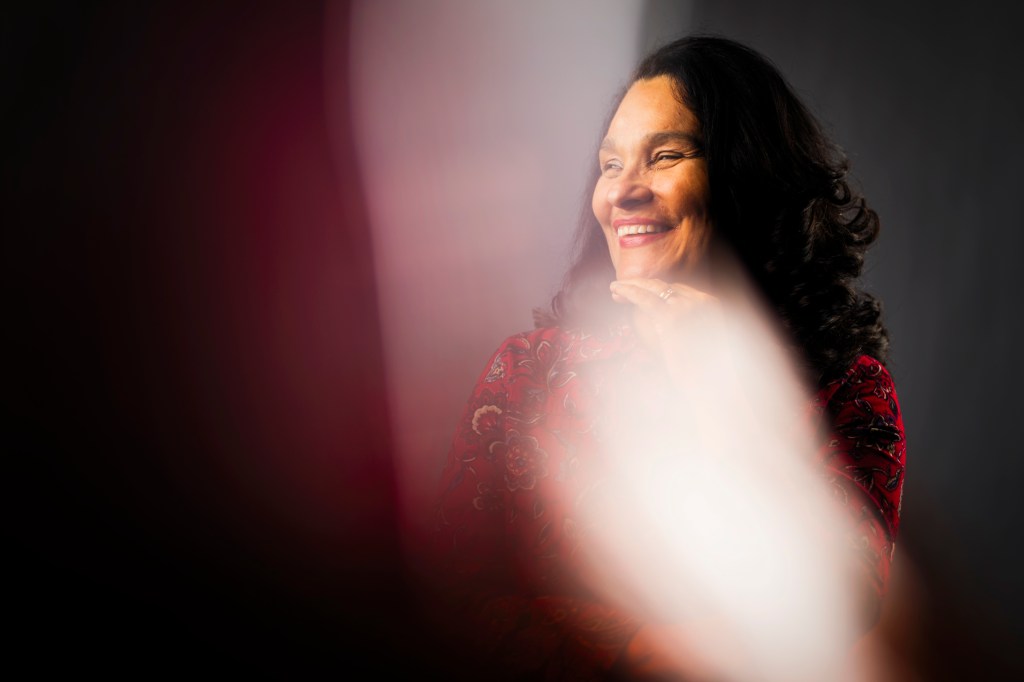
Americans are obsessed with coffee. Now more than ever, coffee connoisseurs are paying attention to the quality of their morning java —and where it’s coming from.
Demand for single-origin coffee, a designation that means that coffee beans come from a single farm, is on the rise because many aficionados recognize that coffee from different countries tastes different. Whether your coffee is fruity, sweet, or acidic all depends on where it was grown.
Miriam Morales knows the exact origin of the coffee beans used by the baristas at her coffee shop, Recreo. That’s because they’re grown by her mom and dad.
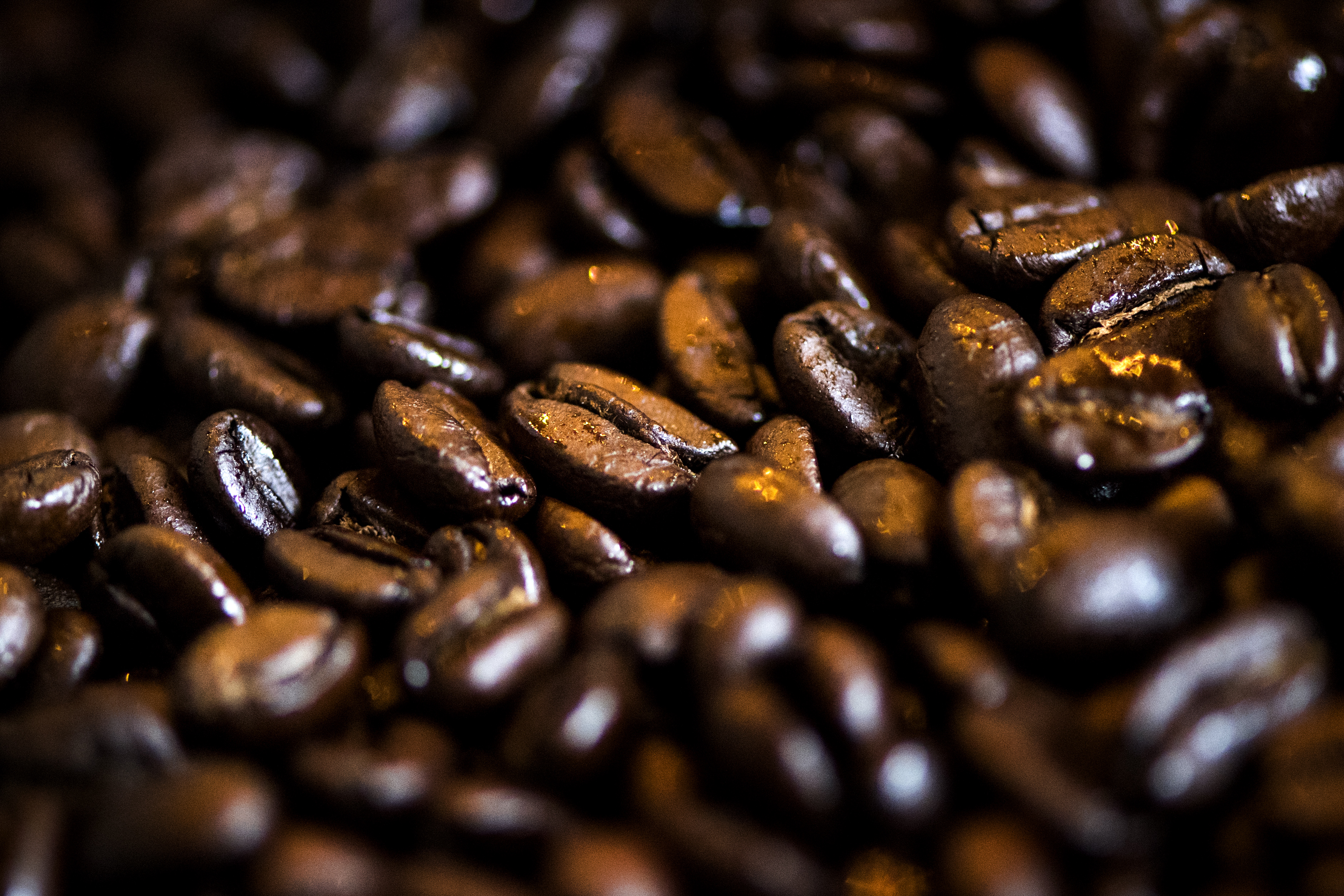
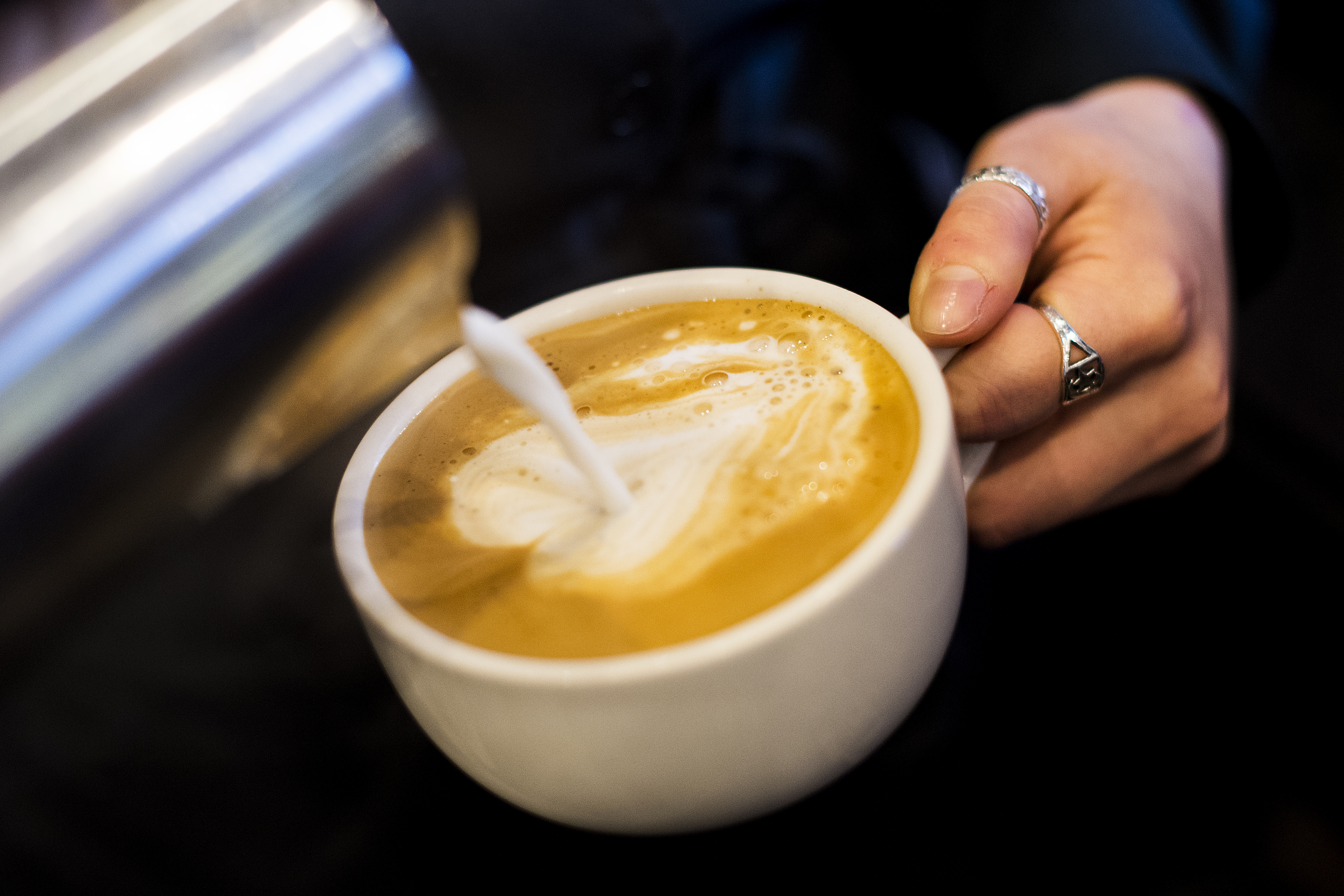
“Other coffee shops may sell single-origin coffee, but they get it from an importer,” said Morales, who graduated from Northeastern in 1990 with a degree in engineering. “With us, it’s truly farm to cup. My parents and my brother are sending me the coffee directly and then we roast it in house.”
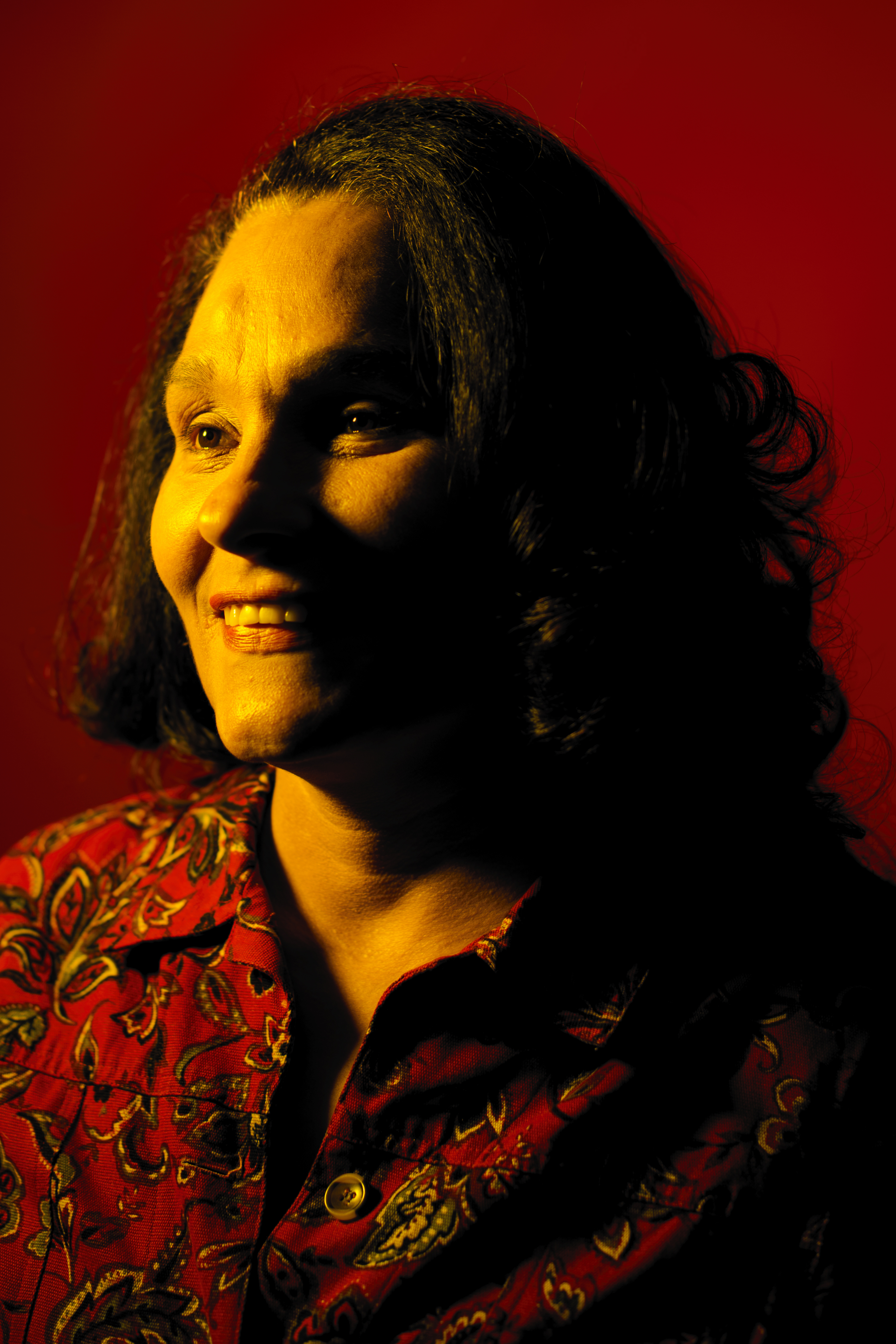
Photo by Adam Glanzman/Northeastern University
Morales’s family has owned and operated a coffee farm in the rural city of Jinotega, Nicaragua, for 46 years. In 2010, she began importing her family’s coffee to sell in the United States at farmers markets, and wholesale to offices and other businesses. Now, Morales runs two Recreo coffee shops in Boston, including cafes in West Roxbury and City Hall, where she serves only coffee that comes from her family farm.
“I opened my cafe with the intent of creating a community space,” she said. “They call us the living room of West Roxbury, and since opening our new location in Boston City Hall, people tell us the building’s become a more welcoming space.”
Morales said that the profits from the coffee shop are used to fund a health clinic, a school for children, and a technical school for adults at the farm in Jinotega, Nicaragua. The 40 families who live on the farm run the facilities.
Morales said that her family uses solar panels, treats and recycles its water, and pays a fair wage to its employees. These methods led to a certification by the Rainforest Alliance, a nonprofit conservation organization thats works in 76 countries to recognize farms that use sustainable agricultural practices to conserve the biodiversity in their surrounding environments and improve the quality of life of their employees.
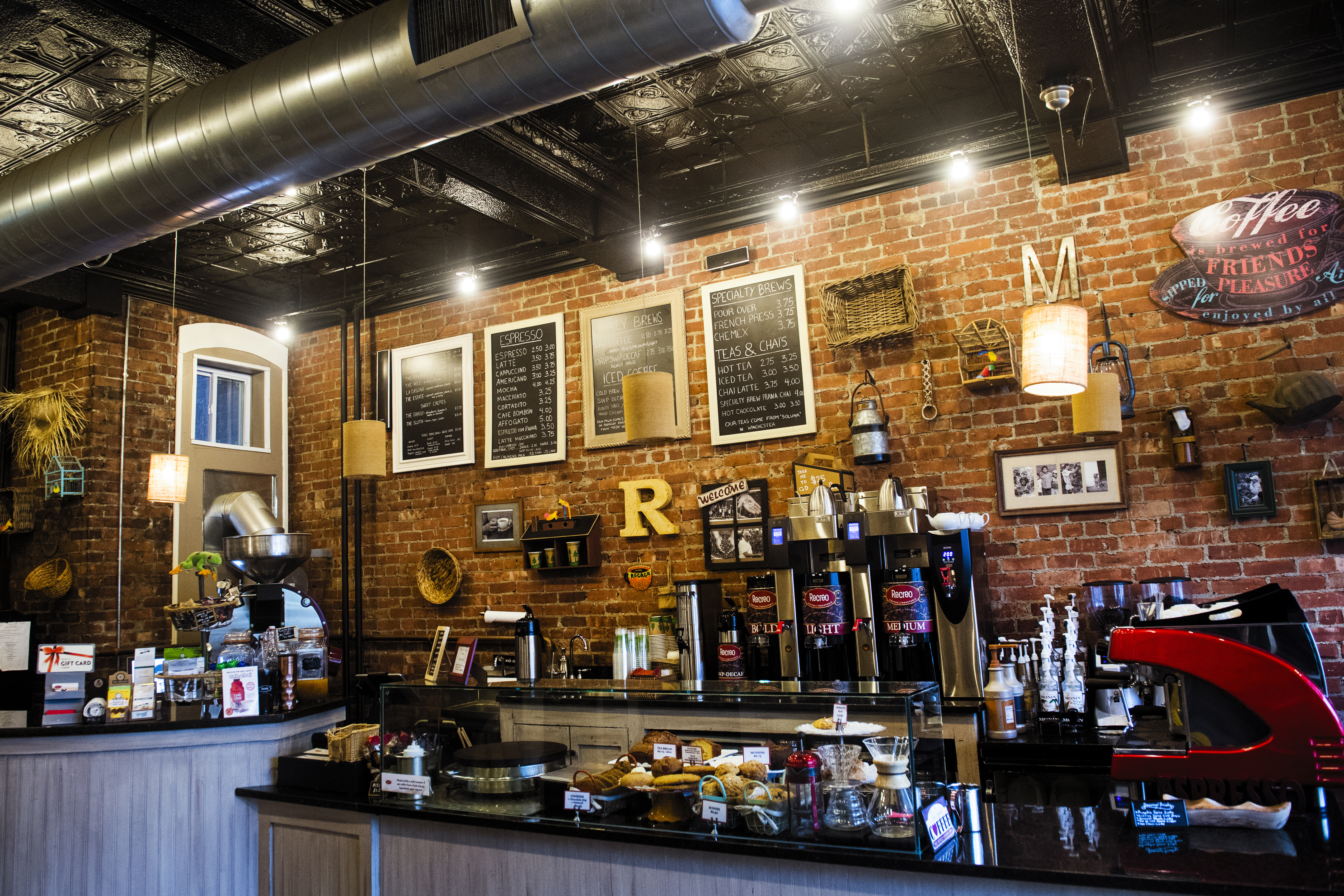
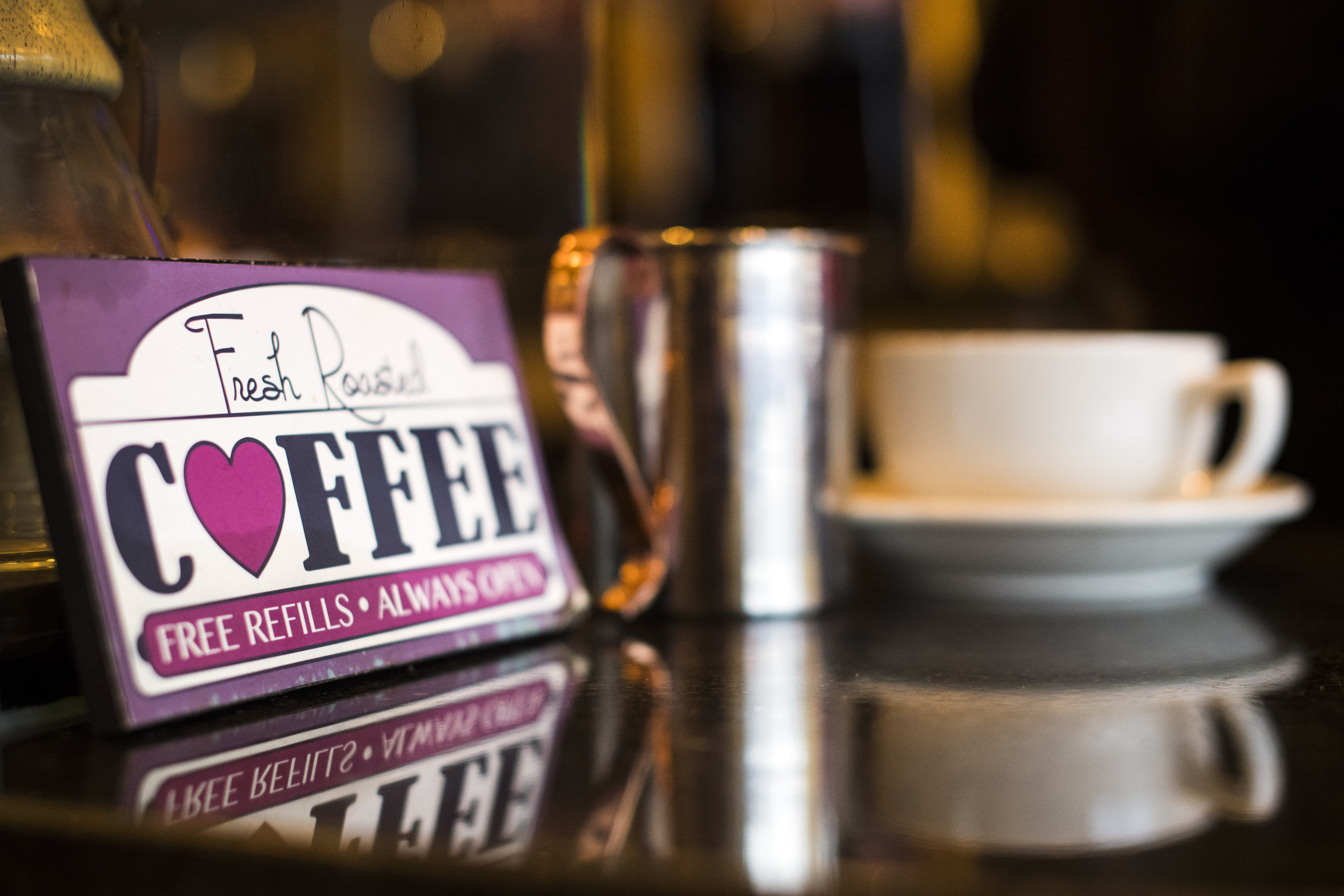
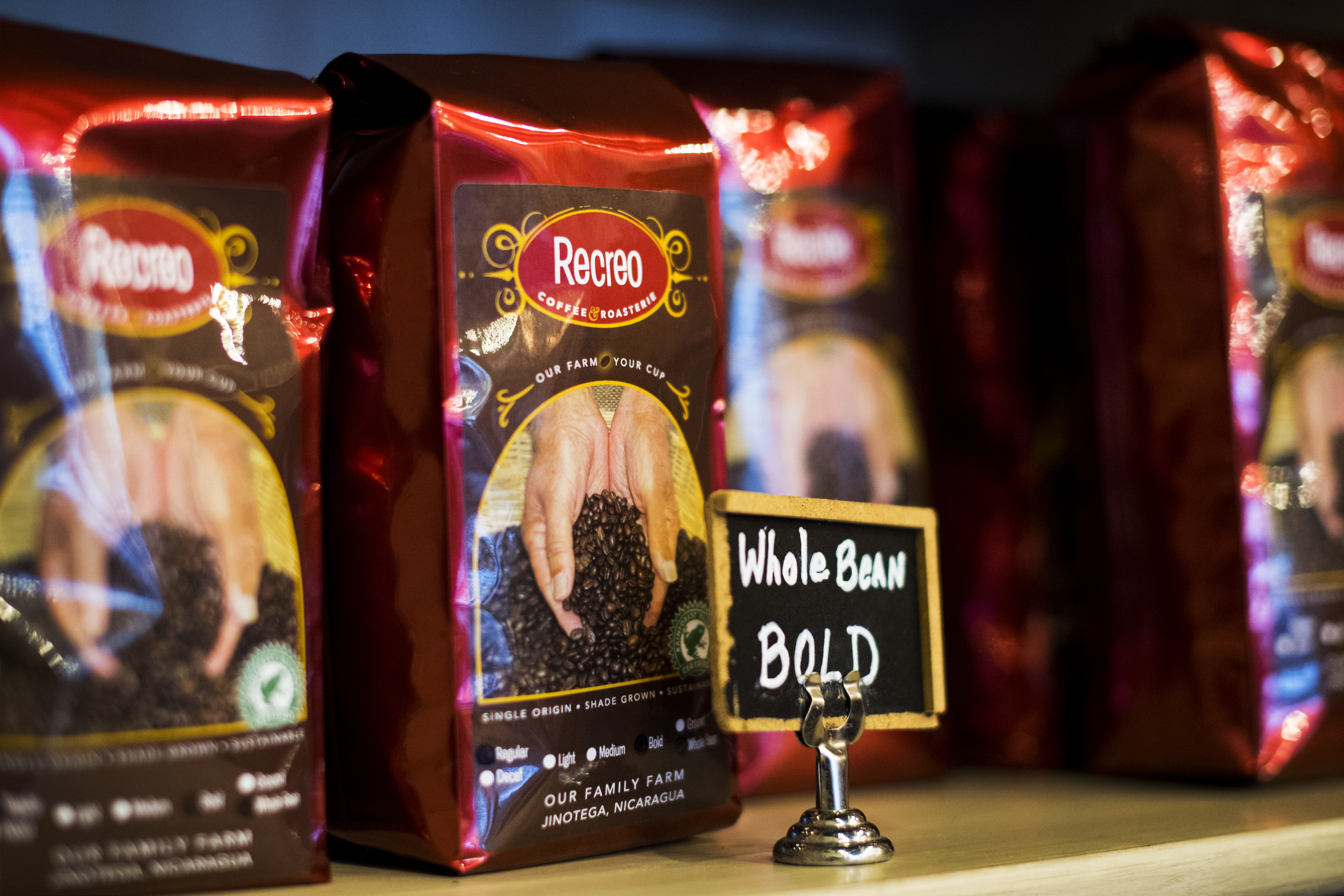
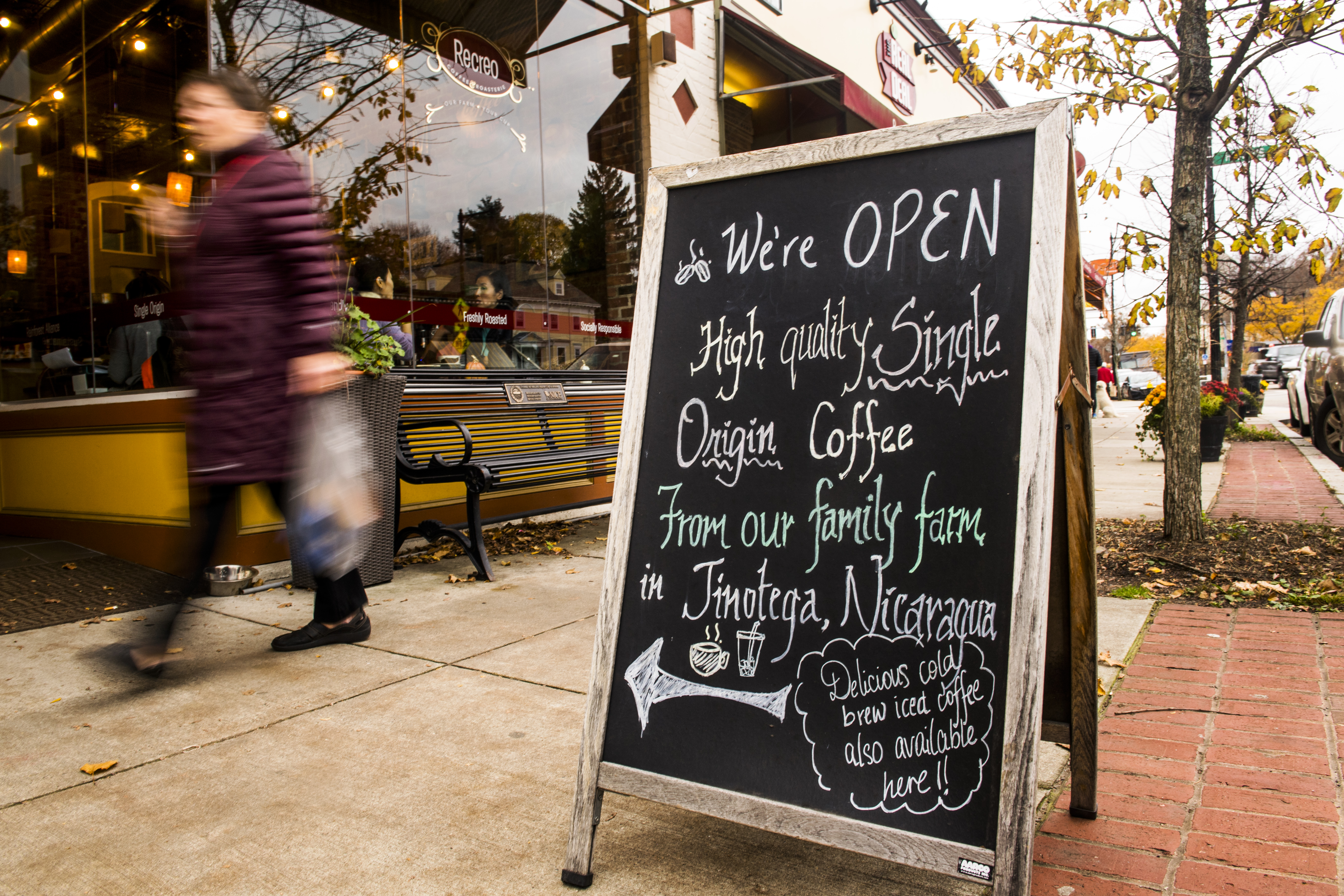
Recreo’s coffee shops in Boston serve their coffee and baked goods in cups and dishes that are compostable and biodegradable, and donate used coffee grounds to the Arnold Arboretum for fertilizer.
“There’s a lot of good coffee out there, but this is really good coffee with a purpose,” said Morales, who added that Recreo hosts yoga classes, networking events, and fundraisers for the Boston community. “You’re spending money on a product to have and enjoy, but you’re also giving back.”
For media inquiries, please contact media@northeastern.edu.





